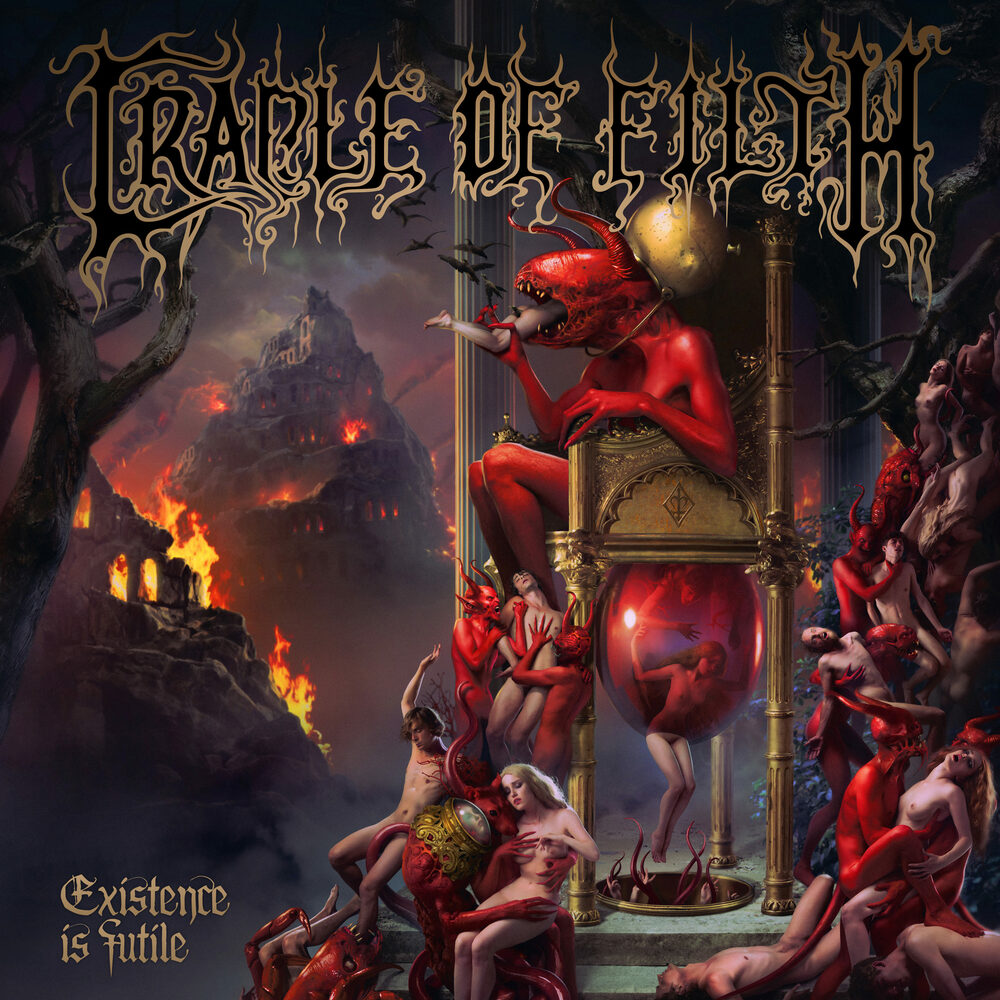 |
Country: USA
Style: Progressive Rock
Rating: 7/10
Release Date: 15 Oct 2021
Sites: Facebook | Official Website | Prog Archives | Twitter | Wikipedia | YouTube
It's only been a year since Glass Hammer's last album, the highly recommended Dreaming City, but it can't be said that COVID has slowed them down any. Founder members and mainstays Steve Babb and Fred Schendel reimagined a bunch of their favourite nineties Glass Hammer songs later in 2020 for the A Matter of Time album and now they're back with an hour plus of all new music, a concept album that ties in to a four hundred page novel, Skallagrim: In the Vales of Pagarna, that Babb plans to release in the early months of next year.
I'm not quite as sold on this one as I was on its predecessor, but it's a good album nonetheless and it's an interesting one too. The most obvious difference ought to be the presence of Hannah Pryor as the band's new vocalist. She takes the lead for the majority of the album, while both Babb and Schendel contribute backing vocals, and she sounds good, if not particularly emphatic, part of which is as much due to the production. Her voice is low enough that most of the comparisons I could throw out are to men, including Chris Cornell, but it's still clearly female. There's some Lauren Smoken there too, but less bluesy and without the vocal fry, and some Patti Smith, but less punky. Perhaps Ann Wilson is the closest overall but there's a lot in this voice.
What I think trumps this new voice as the most obvious difference is how heavy this album is. It's a prog album still, don't worry, and I'm reviewing it after the Sonic Overlords, a heavy/doom metal outfit, so it's much lighter by comparison, but it's still heavy stuff, often surprisingly so. After the more delicate intro that is He's Got a Girl, Anthem to Andorath leaps in with a heavy and grungy riff that reminds of the whole Seattle scene but also a few bands from elsewhere. I heard Mary My Hope here, who were from Atlanta, and some of the grungier stuff that Miami-based Saigon Kick put out, such as One Step Closer. Given that Glass Hammer are in Tennessee, both those bands are far nearer than Seattle.
And, given that my usual comparisons for Glass Hammer are to seventies prog bands like Kansas and Emerson, Lake & Palmer, it's suddenly surprising to throw out grunge bands as comparisons on what I believe is their nineteenth studio album of original music. However, it's impossible not to listen to the song Sellsword with its deliberately downtuned bass and not hear alternative music. This isn't ELP or Kansas or Yes, this is nineties grunge, whatever Schendel's keyboards are doing over Babb's bass. It's odd and it may be offputting to long term Glass Hammer fans, but it's fascinating to me and I do love music that takes off in directions I never expected.
As such, this is an album to listen through once just to plant its seed in your brain and then sit down to listen to again properly. It mostly doesn't do what you expect and, when it does do what you expect, as on Steel with all its ELP flourishes or on A Spell Upon His Mind with all its swirling and pulsing Vangelis keyboards, it's no longer what you expect because of what went before it. Then, when we get to funky psychedelic beats on Moon Pool, we're just confused, but that can be a good thing. Whether you'll get into this album or not may depend on whether you think that can be a good thing. I do and I really dig this midsection to the album.
It gets a bit more traditional on The Ogre of Archon, which doesn't just shift us back to a heavier prog sound, but to a male lead vocal, for the first time on the album but not the last because it continues into Into the Breach. I heard some Black Sabbath on The Ogre Archon and some Rush but also plenty of Armageddon, if you remember Keith Relf's final band before his death. Maybe that's why it's very possibly my favourite song from this album. Into the Breach is similar but a little more Hawkwind than Armageddon.
They're two excellent tracks but they're surprising together after we've got used to the new vocals of Hannah Pryor and they're suddenly gone. Fortunately they come back and she leads the remainder of the album, including the two epics, The Forlorn Hope at eight minutes and Hyperborea at almost ten, on which she fits the Rush sound perfectly.
I'm going with a 7/10 for now, but I'm well aware that this is a grower of an album that's going to take a few more listens to fully come to terms with. It's not the obvious 8/10 that Dreaming City was, but it may end up creeping up there to match it. Let's see.










